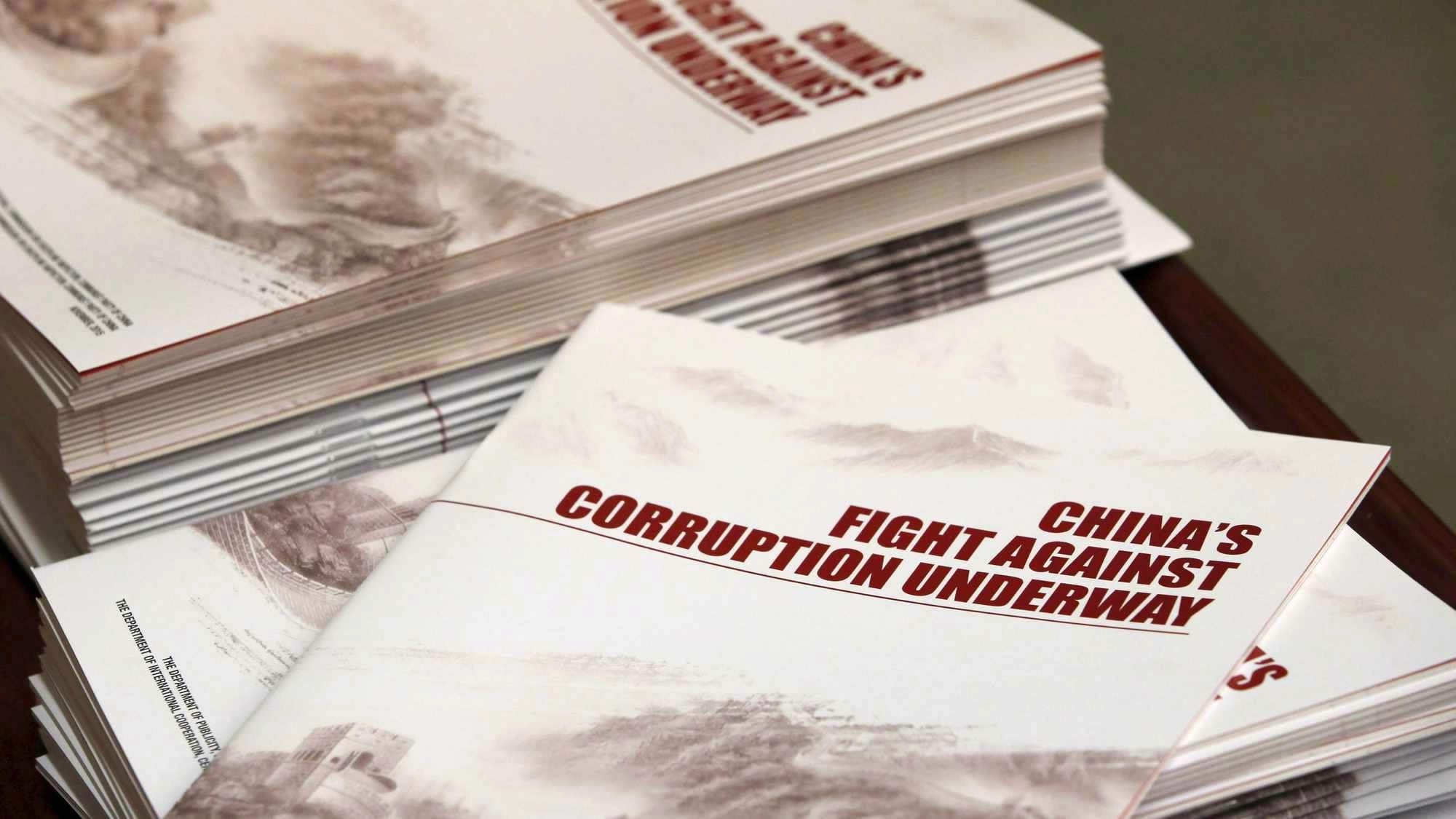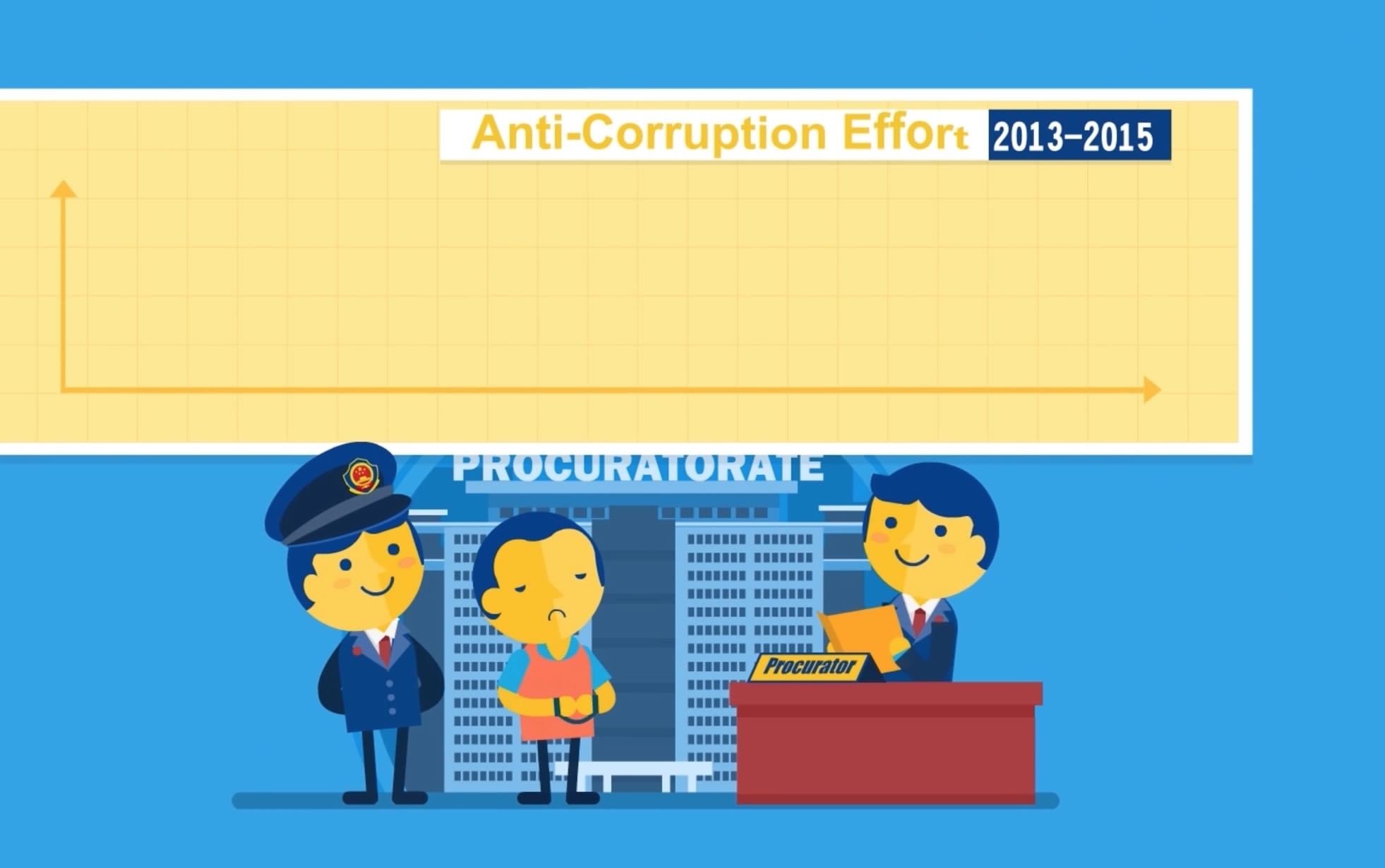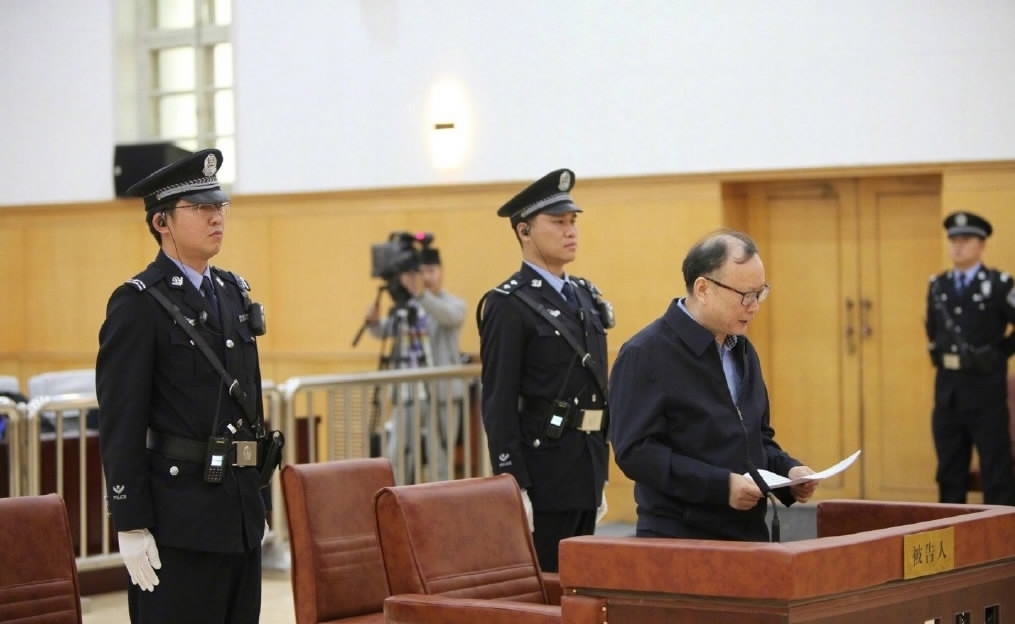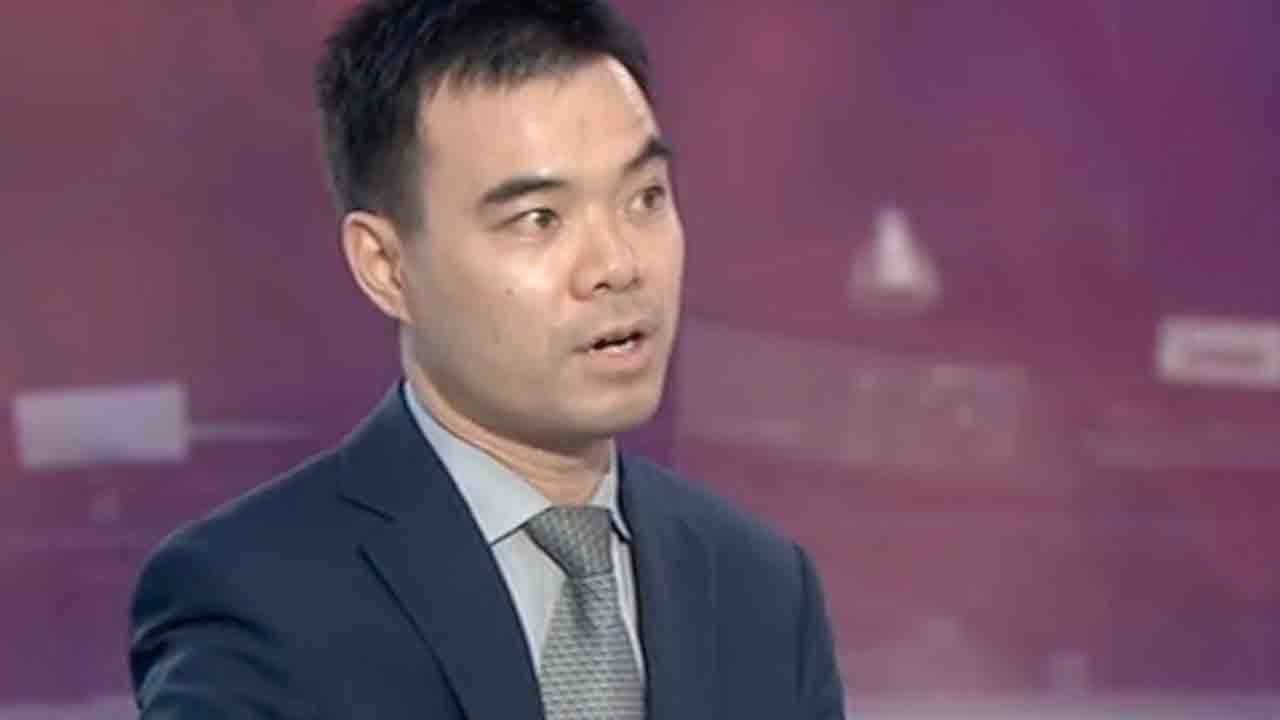
Opinions
20:16, 18-Sep-2017
China Footprint: Fighting corruption is a long term mission
CGTN

Weeding out corruption in the Communist Party of China (CPC ) has been one of the main and most impressive policies of reform since Xi Jinping was appointed to lead the country during the 18th CPC National Congress.
According to Liao Fan, professor at the Chinese Academy of Social Sciences, there are several reasons to explain why fighting corruption is vital at the moment, but one in particular stands out.

“After several decades of remarkable economic development, various problems and contradictions have been outstanding. And we need a clean government and clean Party to steer the country towards the right direction. And corruption, however, has undermined public confidence in the regime, preventing the Party and state from attracting really talented people,” Liao pointed out.
From 2013 to 2016, the Central Commission for Discipline Inspection, the anti-corruption watchdog, has investigated over 1 million high- and low-ranking officials, or as President Xi himself calls them, “tigers and flies.”

Wang Baoan, former head of the National Bureau of Statistics, stands trial at a court in Zhangjiakou, north China’s Hebei Province on May 11, 2017. /CCTV Photo
Wang Baoan, former head of the National Bureau of Statistics, stands trial at a court in Zhangjiakou, north China’s Hebei Province on May 11, 2017. /CCTV Photo
To date, tens of thousands have been swept out of office. That includes 240 "tigers" - officials ranked at or above the deputy provincial or deputy ministerial level - and over a million grassroots officials. In addition, three thousand fugitives were apprehended overseas from over 90 countries and regions during operation Fox Hunt, a campaign to catch corrupt officials who fled abroad.
This anti-corruption campaign has achieved significant progress, but the key is how to maintain the strength and momentum of the campaign. A new central leadership will be elected during the 19th CPC National Congress this coming October.

As the Party leader says, anti-corruption is "always on the road." But, while Liao believes anti-graft has become a long-term mission, the future of fighting corruption might have a different preference. “Anti-corruption might have different forms and different emphasizes. In the future, the emphasis might gradually shift to institutional dimensions of anti-corruption and to have more effective regulations.”
Keeping this anti-corruption campaign going will require an institutionalized system for overseeing Party discipline.
The CPC issued revised regulations on internal party inspections in 2017, the latest move in improving the supervision and governance of its 89-million strong membership. The amendment raises political inspections to a higher tier on the supervision agenda.

SITEMAP
Copyright © 2018 CGTN. Beijing ICP prepared NO.16065310-3
Copyright © 2018 CGTN. Beijing ICP prepared NO.16065310-3